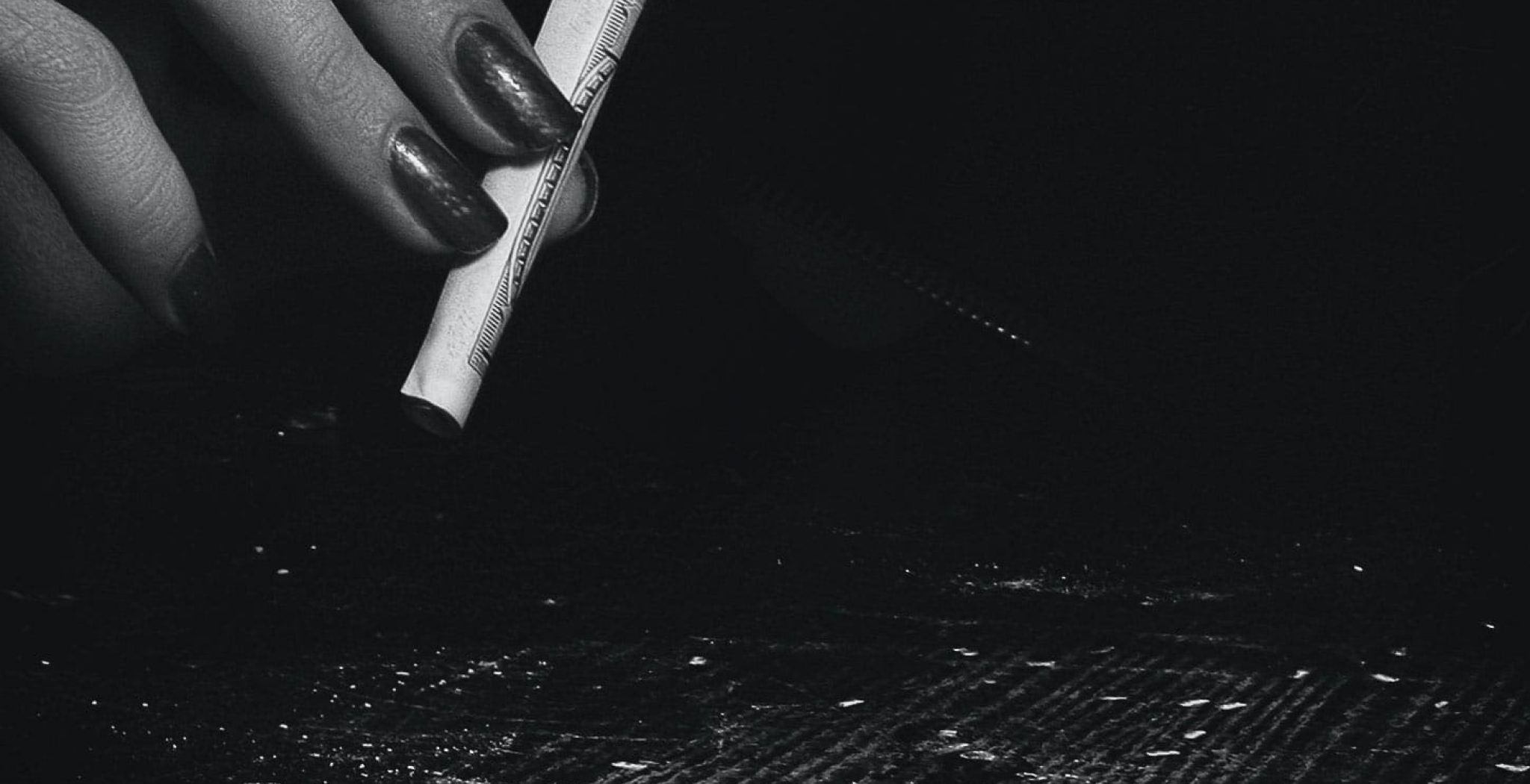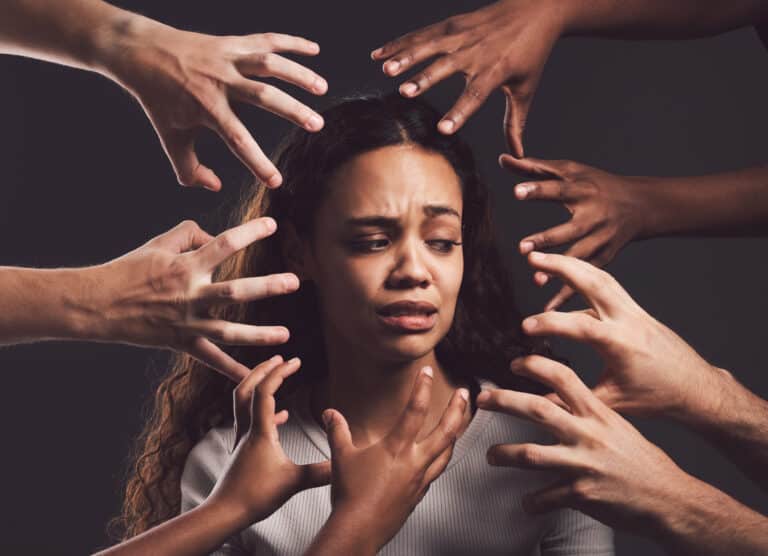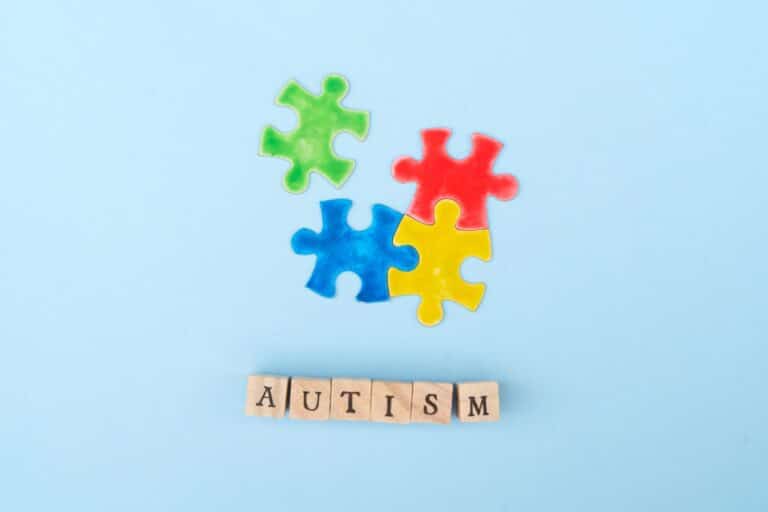Over 14% of all Americans age 12 and older have used cocaine in their lifetimes, according to the National Institute on Drug Abuse. Yes, that is age 12 and older.
Cocaine is a powerful and highly addictive substance so it is important to be aware of the signs of cocaine addiction so that you can best help your loved one.
Read on to understand how cocaine works as well as seven signs of cocaine abuse.
Why Is Cocaine So Addictive?
Cocaine is a drug that is classified as a stimulant. In other words, it increases energy and alertness and makes people feel euphoric and talkative.
The drug affects the neuropathways in the brain and causes your dopamine levels to rise.
This is why cocaine is so addictive. An addiction can develop even after only a few uses.
Cocaine can be consumed in various ways. Through the nose, injected into a vein, smoked, or even used rectally or via genitals.
Regardless of the method of consumption, addiction is possible.
1. Physical Changes
One of the easiest signs of cocaine addiction to spot are physical changes. Regular use of cocaine can lead to several physical changes that depend on how the user consumes the drug.
Snorting will result in a frequently runny nose, nose bleeds, and trouble swallowing. Oral consumption can lead to bowel decay.
Smoking cocaine can cause respiratory illnesses that lead to trouble breathing like pneumonia.
Taking cocaine by injection will be visible through physical scarring at the injection sites.
If you are concerned that someone you care about has a cocaine use problem, here are the main physical signs to look for:
- pupil dilation
- bloodshot, red eyes
- frequent sniffing (due to runny nose)
- decreased appetite
- changes to sleeping patterns
There are other signs of cocaine abuse you can also watch for including mood changes.
2. Mood Changes
Substance use often goes hand-in-hand with personality changes.
Cocaine can make mental health conditions such as anxiety, delusional thinking, paranoia, and mania worse. It can also cause these conditions in people who did not previously have them prior to using cocaine.
Cocaine use has also been linked to irritability and depression. Signs of cocaine use include fatigue, difficulty concentrating, suicidal thoughts, and the inability to experience pleasure.
3. Mood Swings
In addition to changing moods, extreme mood swings are also likely.
When the drug kicks in, users are often vibrant and very social. Yet, as the cocaine wears off, users may become hostile and withdrawn from conversation.
Mood swings can happen very quickly for cocaine users as the drug peaks and begins to wear off.
4. Financial Problems
Cocaine is an expensive substance. That means that people who use it regularly often have trouble with money.
As with any substance abuse habit, people can have trouble keeping a job. That leads to even more financial problems.
People with a cocaine habit might steal or commit fraud in order to pay for their habit.
5. Changes to Behaviour and Relationships
People who abuse cocaine often destroy their relationships. They can become aggressive, abusive, and secretive.
Addiction can cause users to prioritize the drug over their relationships. They might also withdraw from family and friends out of guilt or shame.
Specific behavioral changes you can watch out for include the following:
- very talkative when high
- increased energy
- stealing/borrowing money
- erratic behavior
- violence
- neglecting responsibilities at work, school, or home
Though it is difficult, the support of family and friends is vital during cocaine addiction treatment.
6. Psychological Changes
In addition to the other changes listed so far, psychological changes can be extremely dangerous.
Cocaine use can lead to the following:
- intense paranoia
- psychosis
- reckless behavior
- Hallucination
- lack of good judgment
- Break from reality
- believing cocaine is needed for survival
- Rationalization of drug use
As you can see from this list, these signs of cocaine addiction are serious. The user can put themselves or others in mortal peril due to their actions.
Being addicted to cocaine means that the user is so dependant on the drug that they feel they can’t live without it. At this point, professional cocaine rehab is crucial.
7. Withdrawal Signs of Cocaine Addiction
After prolonged cocaine use, people begin to have a tolerance to the drug. This will lead to them needing more drugs to get the same high.
Tolerance usually leads to withdrawal.
Symptoms of withdrawal include the following:
- overwhelming cravings
- chills
- irritability
- aches
- fatigue
- difficulty concentrating
If cocaine users try to withdraw ‘cold turkey’, they will be under extreme pain. It is important to undergo withdrawal under professional care.
What to Look for in Addiction Treatment Programs
When you or a loved one need to recover from an addiction, you can turn to an addiction treatment program for help.
Often these are designed for the several stages of recovery. As you work through these stages you will be led back to a healthy and happy life — free from drug abuse.
You can choose from inpatient and outpatient treatment. After you complete the program, you will have access to aftercare support for the maintenance of a sober lifestyle.
The best treatment centers offer a comprehensive treatment approach that combines both traditional and holistic methods.
As you do your research, make sure to take a virtual or live tour and ask questions to find the right fit for you.
Pursue Cocaine Addiction Treatment
Thanks for reading. You now have a good understanding of the top signs of cocaine addiction.
This drug addiction is bigger than you can tackle on your own. But there is help. The next step is to reach out for help.
Contact us at Southern California Sunrise Recovery Center today to get your life back.






